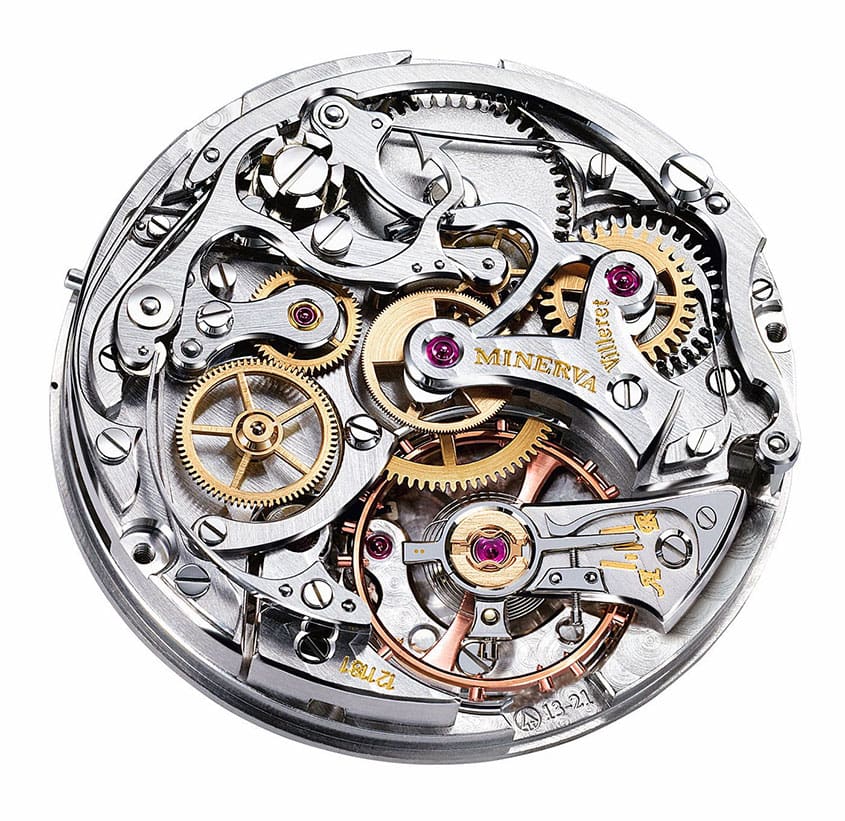FUNDAMENTALS: What is a mechanical watch?
Felix ScholzUp until the 1980s it was pretty likely that anyone wearing a watch was wearing a mechanical one. It’s a testament to how ubiquitous cheap battery powered- quartz watches are these days that we even need to explain this once everyday technology. But you know how it is – kids these days – don’t respect their elders respecting their elders.
So no batteries right? What makes it tick then?
Well, basically – you. A mechanical watch needs the wearer to regularly wind, either by winding the crown or, if it’s an automatic watch, by the motion generated while worn on the wrist.
This energy is stored in the watch by a long thing metal spring, called the mainspring, which is a torsion spring and slowly releases energy over time (the number of hours of energy a spring can hold is referred to as power reserve). This energy is released and regulated through the watches gear train, and converted into meaningful increments of time (displayed via more engineering trickery through the hands) by the escapement.
That’s the Cliff notes version of how a mechanical watch works.
If you’re more of a visual learner feel free to check out this 1949 film produced by Hamilton on how a watch works.
Ok, what’s so good about them?
Mechanical watches have a lot of the same appeal and warmth as vinyl records in a digital world. The appeal is equal parts nostalgia, craftsmanship, status (and often, just a pinch of snobbery). A fine mechanical watch is an engineering marvel, a work of art and a status object all rolled into one. Sure, a $25 Casio will tell the same time, but really, it’s not about telling the time.
It’s about having a respect for quality, and about having a direct relationship with the watch on your wrist.
Why do they cost so much?
Well, they don’t have to. You can get a basic automatic Seiko for around $100. But it’s true that a Quality automatic watch (often synonomous with being Swiss made) will cost you upwards of a months salary (and often easily more than a years) . There are a few reasons for this.
- Your watch is the result of lots of expensive research and development, and expensive infrastructure.
- The parts and components of your watch are of a pretty high quality, and that costs.
- Your watch is actually made by real people, and if the watch is Swiss those people get are highly skilled professionals.
- The watch you bought has to help offset the massive advertising and marketing budgets watch companies have (sponsoring yacht races and polo tournaments doesn’t come cheap)
So that’s a mechanical watch in a nutshell.





